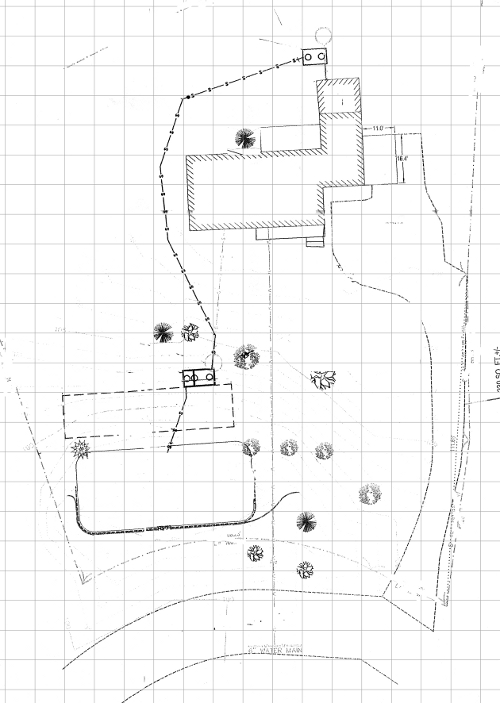I’m reading Edible Forest Gardens (EFG) again, alongside Holmgrens’ Permaculture. I’m underlining and taking notes in the books and making summaries on a quadrille pad. I’m on volume 2 of EFG, which is the most practical volume of the two, and I foresee a lot of drawing up of plans as I come across passages that apply to my homestead. I’ll let you look in over my shoulder as I “make my mistakes on paper” (the best place to make them).
I’m also looking around for a Permaculture course, preferably online, or a local one spread out over nights and weekends, as I can’t afford, time and money-wise, the three-week intensive in Bolivia, or even in Cape Cod. I found an online course given by Dan and Cynthia Hemenway via Barking Frog Permaculture, which I could even monitor at minimal cost. But I missed the entry date. Next year maybe?
***
I’m excited but apprehensive at the same time. I hope my turning to permaculture again won’t turn me away from Transition. I know the latter came out of the former. Rob Hopkins, the “founder” of Transition, is a permaculture teacher. And he advises that at least one member of a Transition Initiative facilitating or initiator group take a permaculture course for a good reason: the principles of permaculture and Transition are the same, only their domains differ.
Edible forest gardening is one part of permaculture, which applies its basic principles to the agricultural domain, and which in turn then nestles inside the vast ambition of Transition. It is exactly for that reason that I fear I might lose track of Transition. Permaculture, especially when studied with such selfish motivations as my own (I want to make my homestead a permaculture site), could easily blind me to the larger challenge of Transition.
I feel I need to work on my own place – as a base, as a model – before or while I work on the place that surrounds me. And so my vision contracts and expands, expands and contracts. But when focusing on the ground right in front of my feet, I might lose track of the path. Then when I look up to find it again – or because it calls me – my suddenly telescoping vision might make me dizzy, overwhelmed, and I might turn away again.
I know myself. I am aware, and wary. This is one of the reasons why fellow initiators in my town would be so valuable: to keep me balanced!

Remember that initiators are supposed to plan their demise. Then you can pick whatever subgroup interests you most. You don’t have to stay engaged in the administrative aspects of Transition after the unleashing if it’s not where your passion is.
Hi,
Permaculturist and Teacher Wayne Weiseman has an online course and he is certified by Bill Mollison. Here’s the link to his website.
http://www.permacultureproject.com/
I did Design Course over two years ago and Transition Training 2 Septembers ago. Lots of work to do……………
Good Luck,
Kate
Thanks Permaculture kate, I’ll check out that course. Did you like it? I can’t wait to get my hands dirty.
Thanks Ed, for reminding me of the “demise” – it’s a comfort! ;)